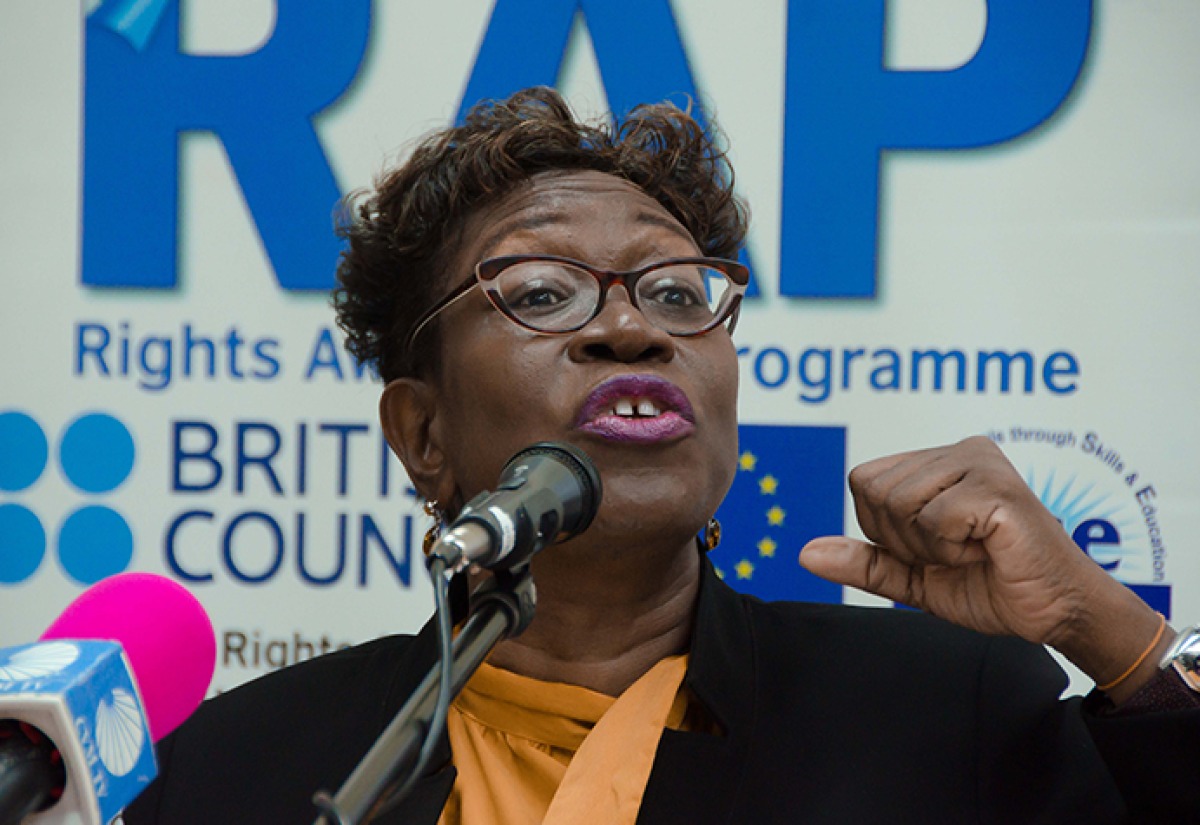DPP Wants Educators to Help Address Issue of Work Ethics
By: , August 12, 2025The Full Story
Director of Public Prosecutions (DPP), Paula Llewellyn, has urged educators to help change the growing culture of little regard for work ethics, by discussing the issue with students.
The DPP said the attitude is exhibited by many who are referred to as Gen Zs, or Generation Z, who have become “so exact” that it is backward to work beyond 4:30 p.m. or 5:00 p.m., which has left her to ponder whether gaps exist in the preparation of students “now in the 21st century”.
Gen Z is defined as individuals born between the mid-to-late 1990s and the early 2010s, with 1997 to 2012 being commonly cited as birth years.
They are the first generation to have grown up fully immersed in the digital age, with smartphones and social media being integral parts of their lives.
Delivering the keynote address at the 60th anniversary and gala awards for the Church Teachers’ College, held recently at The Jamaica Pegasus hotel in Kingston, the DPP underscored that while in school, educators need to spend time with students on issues of work ethics, respect for authority, handling of disagreements, and how to peacefully resolve conflicts.
Miss Llewellyn emphasised that at no time should educators give up on the youngsters… because a “lot of them are so brilliant, but you sometimes have to connect the dots”.
“You have to use your experience, and you have to use your emotional intelligence, and very often, you are able to get through to them by having yourself as a good example of what it takes to have a vocation, what it takes to compete, and to do your best,” the DPP said.
“You see them (young men) in the court, and when you look at the social inquiry report, you read invariably either they are from dysfunctional households, they cannot read and they respond poorly in pressing situations,” Miss Llewellyn said.
The DPP argued that it takes great commitment to try to save those souls.




